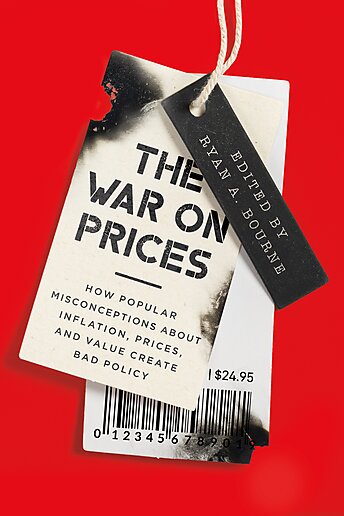
The quantity of rent-controlled apartments demanded thus becomes enormous. In New York City, some old rent-controlled units have become family heirlooms. A woman went viral on TikTok in 2021 after showcasing her redecorated $1,300 a month rent-controlled two-bedroom apartment on the Upper West Side, after inheriting the lease from her parents—a unit that would rent for three to five times as much on the open market. In Stockholm, Sweden, where strict controls have been enforced for decades, the average wait time for a rent-controlled unit was 9 years by 2021 and may now exceed 20 years.
The supply-side response is also consistent with economic theory. In 1994, San Francisco expanded rent control to small multifamily housing, which was previously exempt. One study shows that the supply of rental accommodation from affected landlords fell by 15 percent, with the number of renters living in such units falling by a quarter. The lower profitability of rental units saw many landlords sell such units as owner-occupied condos instead. A 2007 study of the Boston metropolitan area by economist David P. Sims found the flip side: ending rent controls increased the supply of rental housing.
This is from Jeffrey Miron and Pedro Aldighieri, “Under Rent Controls, Everyone Pays,” in Ryan A. Bourne, ed., The War on Prices: How Popular Misconceptions About Inflation, Prices, and Value Create Bad Policy. The book comes out today and you can order it on Amazon.
Here’s my blurb for the book:
“The War on Prices is a fantastic book. It comprehensively makes the case that price controls do great harm, often to the people they are supposed to help. Particularly good are the chapters on rent controls, price controls on oil and natural gas, and so-called junk fees, which are really fees to solve problems that would exist without them. If the chapter on why we should have a free market in water were taken to heart, my fellow Californians and I would be much better off. Read this book and learn.” — David R. Henderson, research fellow at the Hoover Institution and editor of The Concise Encyclopedia of Economics.

READER COMMENTS
Pierre Lemieux
May 14 2024 at 11:18am
Brilliant headline!
David Henderson
May 14 2024 at 3:04pm
Thanks, Pierre.
MarkW
May 14 2024 at 11:45am
I live in a very left-leaning, fairly expensive college town that does not have rent control (it’s currently not allowed by state law). In online discussions, I find that a significant portion of local lefties actually DO understand the downsides of rent control and are much more favorable to YIMBY policies. This is somewhat encouraging, because they don’t always show such awareness of the benefits of markets in other domains.
David Henderson
May 14 2024 at 3:04pm
That IS good news indeed. Are you willing to share the name of the town? I understand if you’re not.
MarkW
May 14 2024 at 3:12pm
Oh, sure — Ann Arbor. And I am mostly judging by what I’ve see on the Ann Arbor subreddit (that probably trends activist and a bit left even for here) about rent control and YIMBY/zoning reform.
David Henderson
May 14 2024 at 6:12pm
Thanks, MarkW.
Btw, I’ve appreciated your comments over the years. If I’m passing through Ann Arbor (you never know), should I look you up?
MarkW
May 15 2024 at 5:48am
Thanks. Yes, that’d be fun. If you find yourself in Ann Arbor, I’d be happy to buy you a beer.
Thomas L Hutcheson
May 14 2024 at 11:49am
Too bad he did not continue the analysis to even more important cases of price distortions: non-use of Pigou taxation of externalities (CO2 emissions, traffic congestion) and failure to price the output of publicly owned assets (Western Water, street parking) and immigration.
David Henderson
May 14 2024 at 3:07pm
You write:
Seriously, Thomas? You think that an article on rent control should discuss issues other than rent control?
Maybe if I had posted an excerpt from the chapter on mispricing of water, you would have complained that it didn’t discuss rent control. There’s no pleasing some people.
Thomas L Hutcheson
May 19 2024 at 5:36pm
I am referring to the whole book, not the post. But if we focus on just the post, then, yes, I think it a shame to focus on small potatoes instead on CO2 and immigration and water mispricing. As principles go, removing one constraint is as a good a another, so my not somethin more important.
Comments are closed.